Screening of PBS Race: Join us for the screening of PBS Race: The Power of Illusion in The Bridge Gallery in N107 in preparation for A Fighting Chance Exhibition and Black History Month. This event is free and open to the public.
- Wednesday January 25, 2023 from 11:00 am -12:00 pm : Screening of Part 1
- Wednesday February 1, 2023 from 11:00 am -12:00 pm : Screening of Part 2
- Wednesday February 8, 2023 from 11:00 am -12:00 pm : Screening of Part 3
- Wednesday February 8, 2023 from 12:00 -1:00 pm : Reflection & Discussion
For more information please visit our website at: https://www.rccc.edu/finearts/thebridgegallery/
Screening of Part 1
Virginia law once defined a black person as someone with 1/16th African ancestry; in Florida, it was 1/8th African ancestry. If you can cross a state line and literally, legally change race, what does race really mean? This program argues that the idea of race was developed and reinforced through politics, economics, and culture. Real estate practices as well as federal regulations kept new neighborhoods segregated after World War II, and it was the white families awarded mortgages whose assets accumulated, creating a legacy of opportunity for their children and grandchildren. With the starting line for the next generation drawn at different points on the field, the racial divide could only grow larger. Part of the series Race: The Power of an Illusion.
Screening of Part 2
It’s not uncommon to attribute differential group outcomes for SAT scores, musical ability, or athletic performance to innate racial traits—yet there are no characteristics, not even one gene, that distinguish all members of one “race” from another, as this program explains. The video follows a dozen students, including African-American athletes and Asian-American violin players, who sequence and compare their own DNA, only to discover their closest genetic matches are as likely to be with people from other “races” as their own. While it’s true that certain gene forms are more common in some populations than others, the students learn that these reflect ancestry, not “race.” Part of the series Race: The Power of an Illusion.
Screening of Part 3
Ironically, it was the notion of political liberty and the natural rights of man that led to the ideology of white supremacy. Ancient peoples stigmatized others on the basis of language, class, and religion, but they did not sort people into races. As the Founding Fathers grappled with the hypocrisy of slavery in the new democracy, Thomas Jefferson was among the first to discuss “the natural inferiority of Africans”—a convenient justification for social inequality, and the same type of thinking that rationalized the seizing of Native American lands. In this program the history of the concept of “race” is explored, along with the 19th-century science that legitimized racism. Part of the series Race: The Power of an Illusion.
